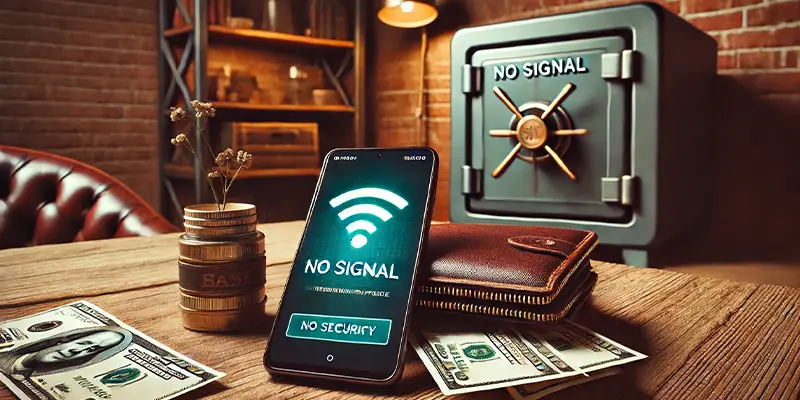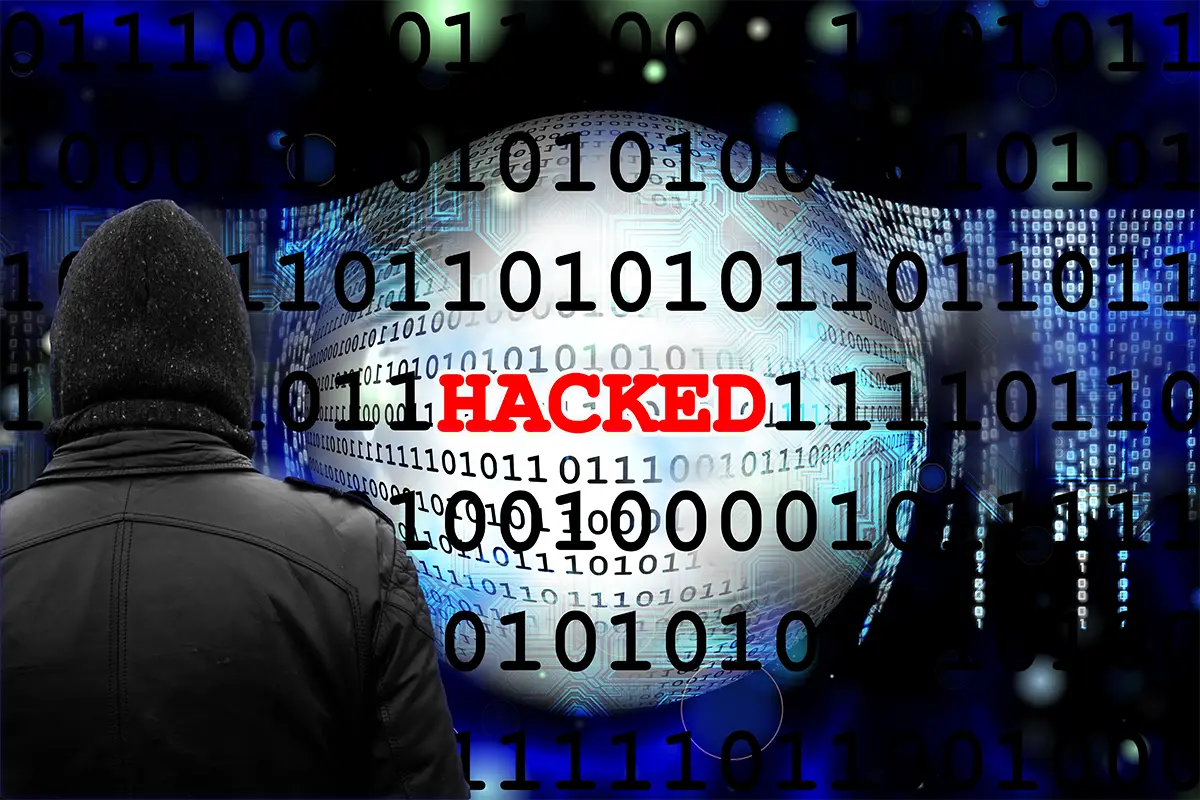It’s critical to keep some cash money stashed safely at home. It can be a (true) lifesaver in an unexpected catastrophe.
Cash money in times of crisis
Cash seems to be becoming less important in our society. Almost everyone uses digital banking. Mobile payments are becoming the norm, which makes it very important to think about their vulnerabilities. How will you be affected if payment systems suddenly become unavailable and payment transactions may not be possible for a while?
How will you pay if digital banking is unavailable?
Well, in that case, you can only pay in cash. That’s why it is important to be prepared. Always have some cash stashed away. In a safe, secure place that you can easily access in times of crisis.
If you’re not in times of crisis, and you want some other tips on how to deal with money, you could read my thoughts on the 5 most important things you must know about money.
Out of order
Why would payment systems suddenly stop working? They always work. In fact, they always seem to work perfectly. It’s just that the threats have increased recently.
The risk of sabotage to critical infrastructure, such as our payment systems or energy networks, has increased in recent years. Particularly because of threats from China, Iran and Russia. If these systems are disrupted, digital payments will not work.
It’s not just cyber attacks that can cause payment systems to go down. Other incidents can also cause this, like:
- A system upgrade that goes wrong
- A technical failure that goes on for too long
- The internet is down
- The electricity network is failing
- Natural disasters like tornadoes
Cash on hand remains your only viable means of payment if the systems are down. Gold and bitcoin are generally not accepted.
How much cash money do you need
If, by now, you’re convinced you need cash money on hand, you need to figure out how much to stash away. How much should you have on hand to be able to weather a crisis?
Unfortunately, this is a tricky one to answer. There’s no one-size-fits-all answer here. Your situation will be different from your neighbor’s, and so will the amount of cash you need.
Here are a few things to think about to help you decide how much is enough:
- How many people are in your household?
- How much do you usually spend on groceries?
- Do you need to budget for gas for your car?
- How many days’ worth should you set aside?
It’s also worth thinking about which denominations of cash you want to keep as emergency funds. It might not be the best idea to keep bills of $100.

Word of warning
It’s a good idea to have some cash stashed away in a safe place. But, there is a risk involved, though. It’s not a good idea to have too much cash at home, because it makes your property more attractive to burglars.
To keep this risk as low as possible, I suggest you:
- Don’t tell anybody you have some cash money
- Not even discuss it, even in a social setting or after work drinks
- Don’t show off about being prepared
It’s also a good idea to check your insurance policy to see if you’re covered for cash in the house. And if so, up to what amount.
Last remark
Cash is a simple and effective backup solution. It will come in handy if the payment systems fail. It’s a good idea to begin now and be ready for the unexpected. So you are financially secure even if technology fails.
Stay safe!

Leave a Reply